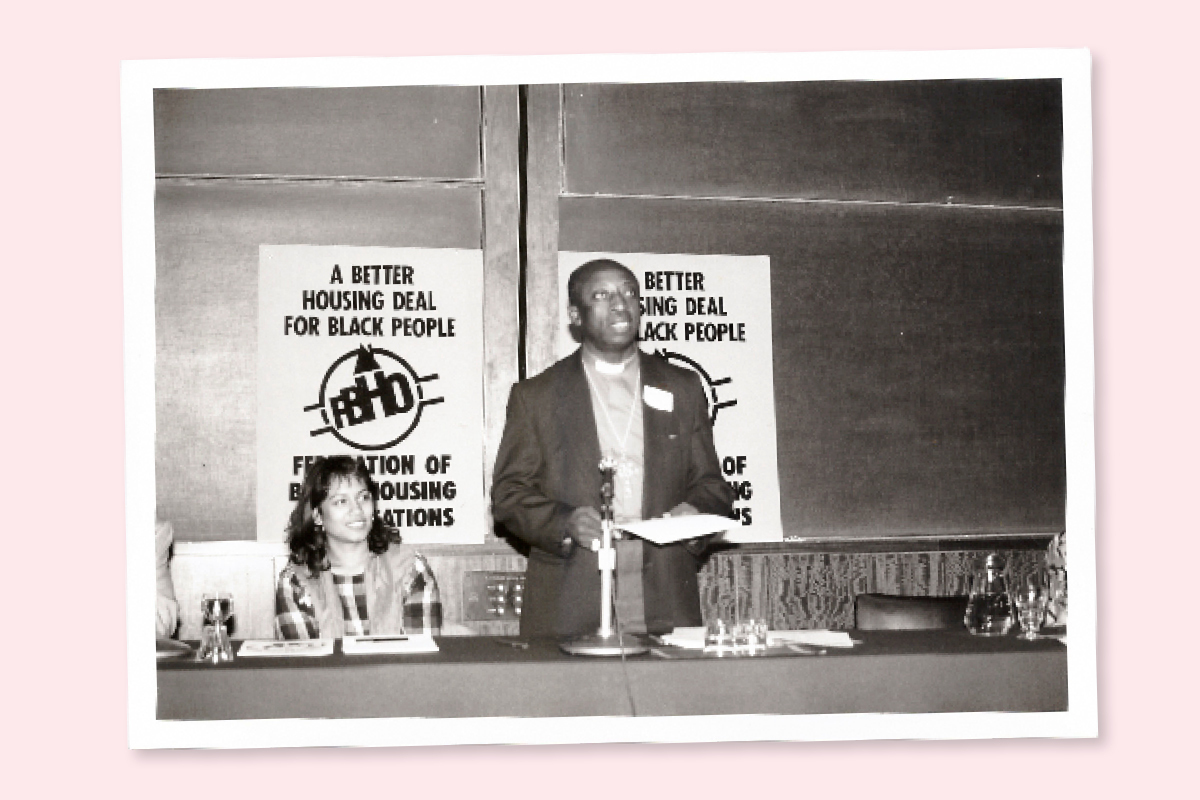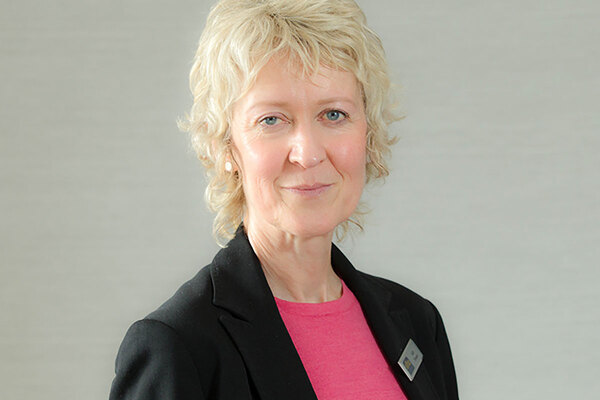
Why diversity targets are key to better representation
Jan Gale explains more about how L&Q is working to ensure Black staff can develop their careers in a similar way in which white staff already do so
The arrival of Black History Month was a fitting time for the launch of L&Q’s first diversity report. In essence, this new publication is split into three parts: a baseline picture of where we are today, aspirational targets for what we want the organisation to look like in the future, and a commitment to measure progress against these annually.
As one of the first housing providers to produce such a report, knowing – and sharing – our journey not only increases transparency, it also makes it possible for us to define and deliver meaningful change.
“Black colleagues lose ground early on in the career structure and experience diminishing representation into senior positions”
Though we have begun to make some good progress, the figures show there is much more to be done to ensure that Black staff can progress their careers in a way that is commensurate with their white counterparts.
While Asian and mixed ethnicity colleagues maintain their representation right the way up to the highest level, Black colleagues lose ground early on in the career structure and experience diminishing representation into senior positions.
Research by The Guardian and Operation Black Vote – as part of its inequality project – has shown that many Black individuals in major organisations are overqualified for their role. In other words, Black talent is not lacking in abundance, it is simply lacking in support.
“We have set targets for the ethnicity makeup of our talent development programmes that are designed to support colleagues to access promotion opportunities”
Through conversations we’ve had with our Black colleagues, we are hearing the accounts of staff who are reluctant to go for senior positions. Experiences of recruitment processes that don’t promote a level playing field – compounded by feelings associated with imposter syndrome – have prevented many from trying to move upwards or apply for bigger roles.
To address this, L&Q is taking data-driven actions to widen the gate and help Black staff move up the career ladder. We have set targets for the ethnicity make-up of our talent development programmes that are designed to support colleagues to access promotion opportunities – both for the early rungs of the career ladder (aspiring managers) or into leadership positions (emerging leaders).
Based on our current staff base, we are exceeding our target of 19%, with Black colleagues making up 25% of the recent ‘aspiring manager’ cohort and 26% of the ‘emerging leader’ group.
Setting targets for different levels of the organisation is paramount to making progress, but wholesale measures can also be effective, too. Introducing the Rooney Rule to our recruitment practices has shown the substantive impact this type of positive action can bring.
Since 2018, at least one ethnic minority candidate and one female candidate who meet role criteria are invited to interview for every vacancy. Before the Rooney Rule, our senior leadership team was made up of 27% women and 12% ethnic minorities. Now this stands at 44% and 22% respectively.
We have also worked hard to ensure we have a diverse group board with a good mix of representation across different demographics, recently appointing chair of our resident service board, Fayann Simpson, as our new senior independent director. Fayann, who has been an active resident for more than 20 years, will draw upon her passion, expertise and knowledge of the social housing sector to further strengthen the voice of residents at board level.
Aspirational targets provide an essential catalyst for change, but to achieve long-lasting results we need to embed a culture of diversity and inclusion into everything we do. This is where affinity groups have the power to make a real difference, with our own cultural diversity network, Kaleidoscope, working alongside our leaders to drive this forward.
Targeted action has a strong track record of opening up leadership pathways for Black people in housing. A number of initiatives were put in place in the ’80s to tackle lack of Black representation in the sector, when several Black and minority ethnic specialist housing associations were being set up. This good work has continued, but the conversation has not always had the same weight across our sector, or society, in the intervening years.
For a sector that prides itself on having a strong social purpose and responding to the issues of the day, this is a moment to renew our commitment to tackling these issues head on. We live in a diverse country, we provide services to a diverse group of residents, no matter our size and wherever we operate, and we want our teams to reflect that. The data is all there, now we must use it to reconnect with the good work of the past and to guide our efforts moving forward.
Jan Gale, assistant director of diversity and inclusion, L&Q










